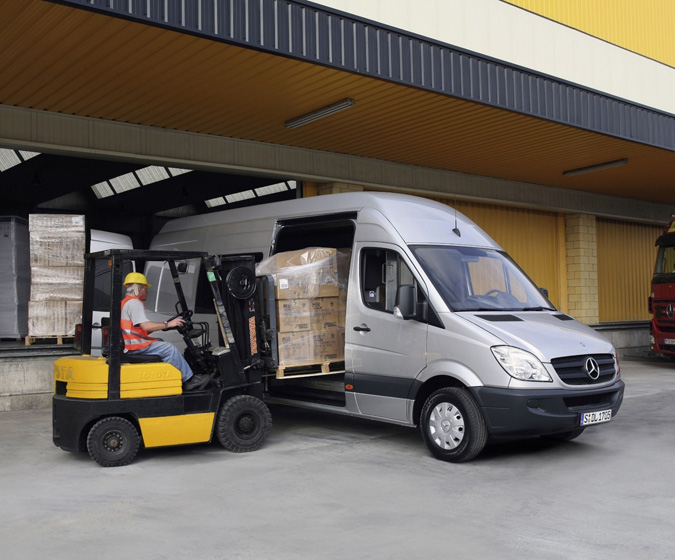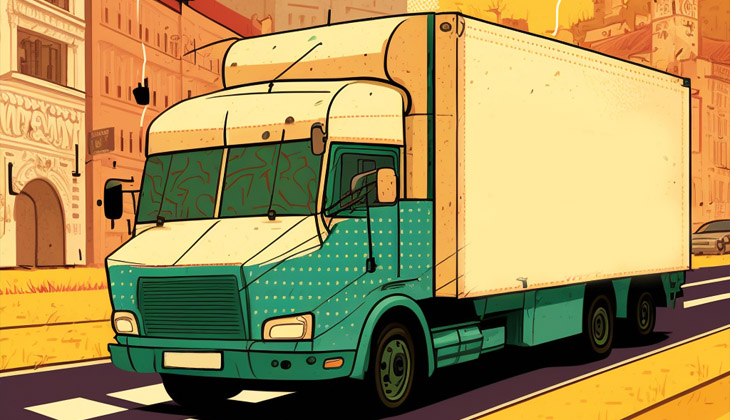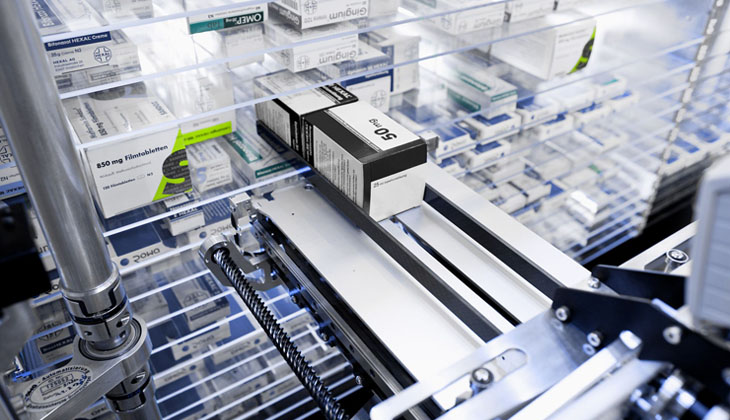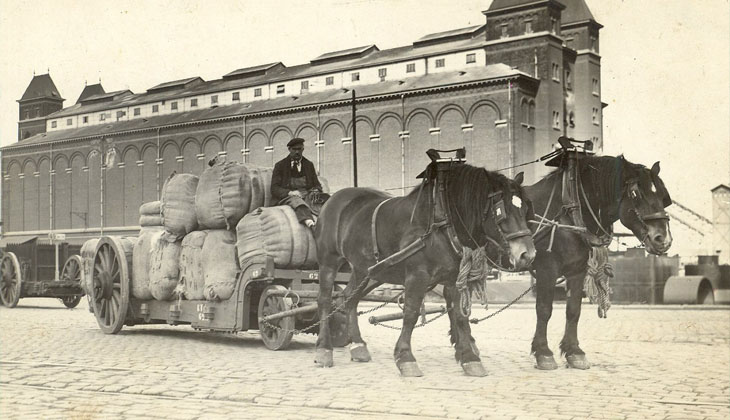The last-mile delivery is the last step on the way from manufacturer to consumer. At the same time, it is the most complex and expensive link in the entire logistics chain. According to Business Insider, as "free shipping" becomes more common, clients are rarely willing to pay to have their purchases brought to their doors, forcing retailers to assume these expenses. Thus, the latter's last-mile costs are on the rise and now account for 53% of all logistics costs.
The last-mile delivery is the last step on the way from manufacturer to consumer. At the same time, it is the most complex and expensive link in the entire logistics chain. According to Business Insider, as "free shipping" becomes more common, clients are rarely willing to pay to have their purchases brought to their doors, forcing retailers to assume these expenses. Thus, the latter's last-mile costs are on the rise and now account for 53% of all logistics costs.
It also turned out that:
- 66% of consumers want e-commerce companies to make delivery in metropolitan areas in 1 hour;
- 90% of clients track the path of their purchases and want delivery to fit seamlessly into their schedule;
- 29% of online shoppers change where and when they can pick up their orders from couriers. And 50% of consumers choose this option, if there is one.
Innovation in the last-mile delivery system is the key to success
Not so long ago, clients' shipping preferences depended on the products they purchased. Some of them may be in transit longer than others, and some need to be delivered as soon as possible because of the specifics of storage. However, clients now expect that almost all goods will be delivered to them as soon as possible.
To provide flexible last-mile delivery and meet client expectations, some logistics companies have adapted their business models in certain ways and taken advantage of the gig economy.
Customizable logistics solutions allow businesses to rely on delivery partners as if they were part of their team. Platforms with a large number of drivers can quickly assign a free courier at the request of the client. This allows online stores, for example, to increase their performance efficiency and sales. Thus, it can be a great growth opportunity for an Internet business with no need to focus activities on a logistics provider.
Buyers want delivery options in terms of speed and timing
According to a study by Ziticity in Lithuania, 34% of online shoppers decided not to buy goods because of long delivery times. This is a considerable reason why an online store may lose clients. Consequently, we need to give them more options for order delivery times, because you never know what the purpose of their purchase is. If a person remembers at the last moment that he forgot to choose a gift and urgently refers to the online store, then he needs delivery as soon as possible. If it is a planned purchase, the client can usually wait. Buyers should be given alternatives.






